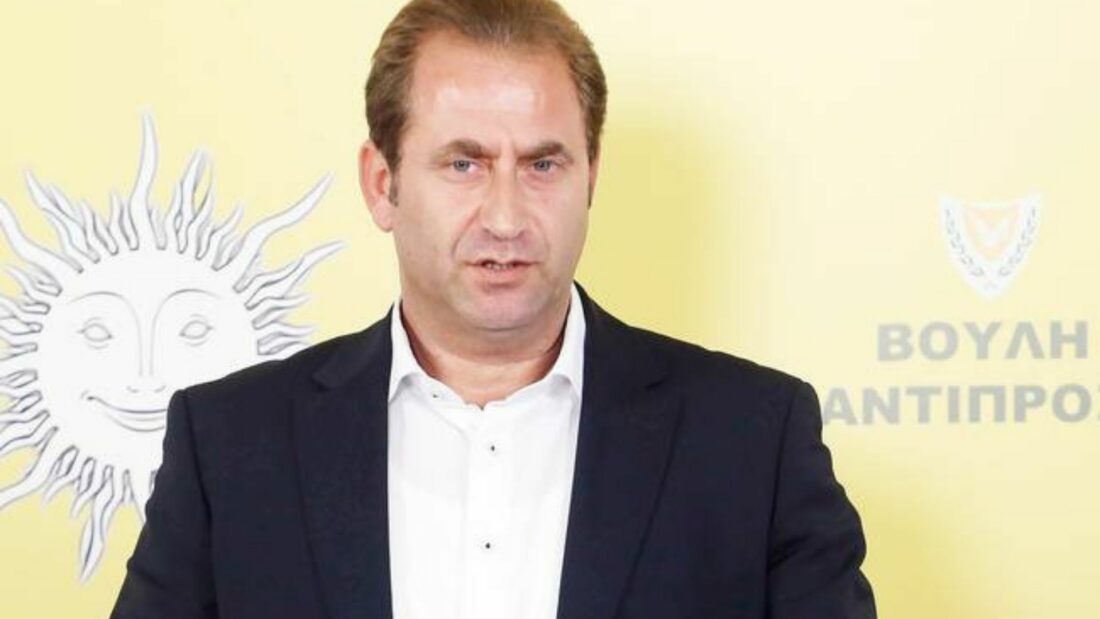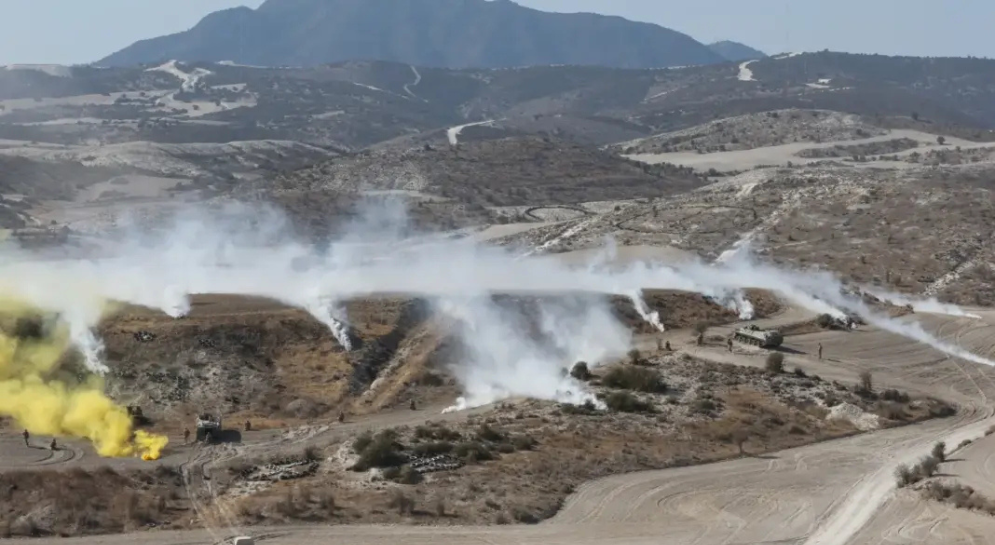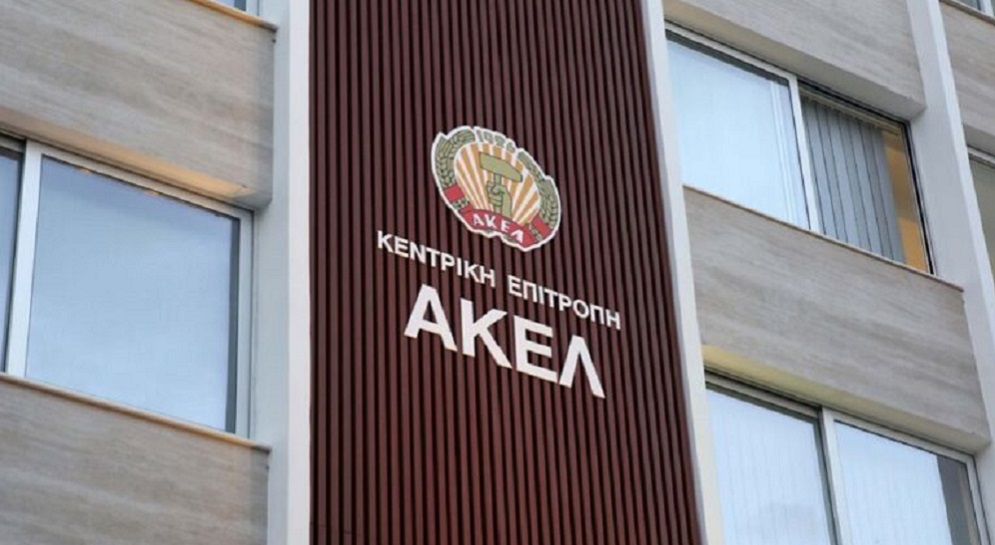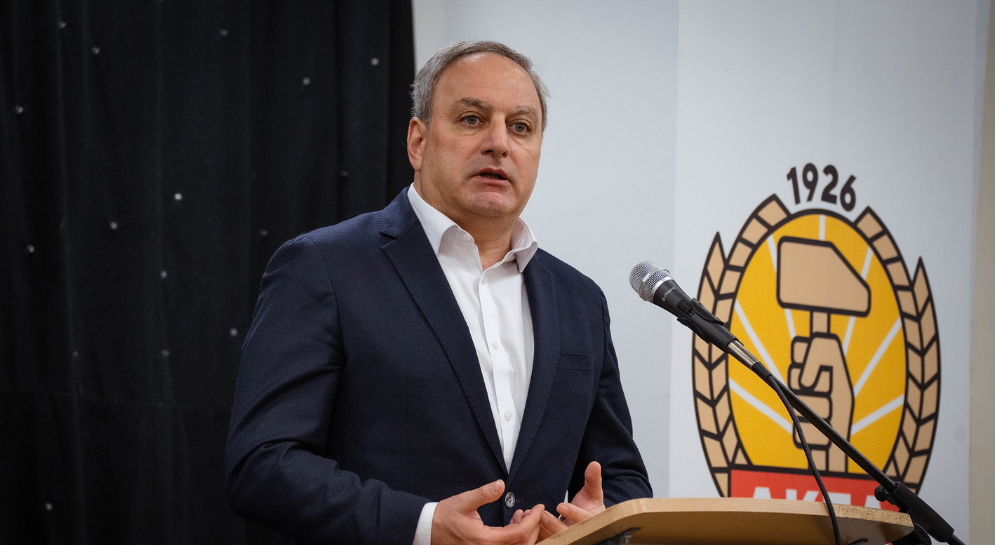
Interview with Giorgos Loucaides, member of the Political Bureau and Parliamentary Representative of AKEL
“Five reasons prove the Greek Cypriot side’s failure to act on the issue of Famagusta”
Sunday 18th July 2021, ‘Haravgi’ newspaper
How do you comment on the fact that the UN Secretary General, in his Good Offices Mission Report, appears as more demanding this time in the assumption of responsibilities on the Cyprus problem by both leaders, the political leadership and society?
GL: The interpretation of the above reference in the UN Secretary General’s report, as well as other similar references by him, indicate that we are dangerously close to a definitive stalemate and that time is running out. Since there is little or no way we can influence and determine the stand adopted by Turkey and the Turkish Cypriot leadership, we must see what we as the Greek Cypriot side are doing. For that reason, the President of the Republic must urgently change course, taking all the necessary actions to convince everyone in the international community – and especially those involved on the Cyprus problem – of his sincere will to promote a solution of the Cyprus problem. He should at long last convince, that what he says he really means it and puts into practice.
Why so much dithering over Varosha when it was known 4 years ago that 1) the map submitted by the Turkish Cypriot side which included the return of Varosha was withdrawn and that 2) Turkey would exploit the absence of negotiations?
GL: Your reference to the Greek Cypriot side’s negligence is absolutely correct. We should add the following:
First, the map was withdrawn by the Turkish Cypriots after our side was the first to announce the withdrawal of the convergences that had been recorded.
Second, there was not only a failure to act on the part of Mr. Anastasiades, but even worse, an erroneous assessment was made of the danger of Famagusta being colonalised, given that when the issue emerged in 2019, the Foreign Minister characterised this danger as “communication tricks” by Turkey.
Third, the DISY government invested in forging military cooperations on the one hand, and on the other hand made the imposition of strict sanctions on Turkey an end in itself, as a means of combating Turkish provocative actions and the imposition of new fait accompli. As a result, both of the government’s strategic options have been an abject failure.
Fourth, it may be Turkey that imposed its chosen one, the advocate of partition Ersin Tatar, on the leadership of the Turkish Cypriot community, but unfortunately Nicos Anastasiades facilitated it to do so.
Fifth, our side was also blamed for the prolonged deadlock, with Turkey being exonerated and praised for the stand it took at Crans-Montana. But also because of Nicos Anastasiades’ handling of the Cyprus problem through regressions and contradictions, but also politically criminal handlings that even went as far as questioning the solution of bizonal, bicommunal federation and flirting with a two state solution. Handlings that have led to the President of the Republic being considered untrustworthy internationally as far as the Cyprus problem is concerned.
As AKEL had been warning from the very beginning, it was to be expected that Turkey would try to exploit all of this to the very end, given that judging by the results the Turkish fait accompli and plans have been facilitated, rather than hindered. The above also goes a long way towards explaining the lukewarm up to non-existent reaction by the international community to this huge and brutal provocation by Turkey.
Do you agree with the view that if Varosha is lost, so is the hope for a solution to the Cyprus problem?
GL: We consider it is logical to conclude that Turkey, by deciding to bury after 47 years its main negotiating card on the territory issue, namely that of the enclosed area of Famagusta, has decided at the same time to bury the Cyprus problem itself and the prospect of its solution. Consequently, we are very much afraid that the implementation of the road map pursued by Turkey and the current Turkish Cypriot leadership for the colonalisation of Famagusta will – possibly – be the last nail in the coffin of the prospects for a solution to the Cyprus problem.
What initiatives can our side take to prevent any further slide towards partition?
GL: What we need to do first and foremost is to seek the resumption of substantive negotiations for a comprehensive solution of the Cyprus problem. This is, in our view, the most appropriate way to save not only Famagusta, but also to free Cyprus from the pain, the stain and dangerous anachronism of the occupation.
Towards this end, AKEL has been submitting its views in writing to the President of the Republic for six months. A whole number of initiatives must be taken in all directions to ensure a strong and substantial reaction from the international community and the Republic of Cyprus’ partners in the EU against this unprecedented provocativeness and fait accompli attempted by Turkey against Cyprus and the prospect of a solution of the Cyprus problem.




